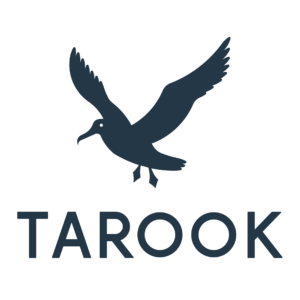
Tarook is your high-flying pilot in the Kubernetes universe - a holistic lifecycle management tool based on Ansible, Nix and Terraform. Whether you start with OpenStack or work directly on bare metal: You get a robust, customisable environment that grows with your requirements. Tarook reliably handles recurring tasks around IaaS resources, system and Kubernetes updates, freeing you up to focus on the essentials with the effortless precision of an albatross in flight.
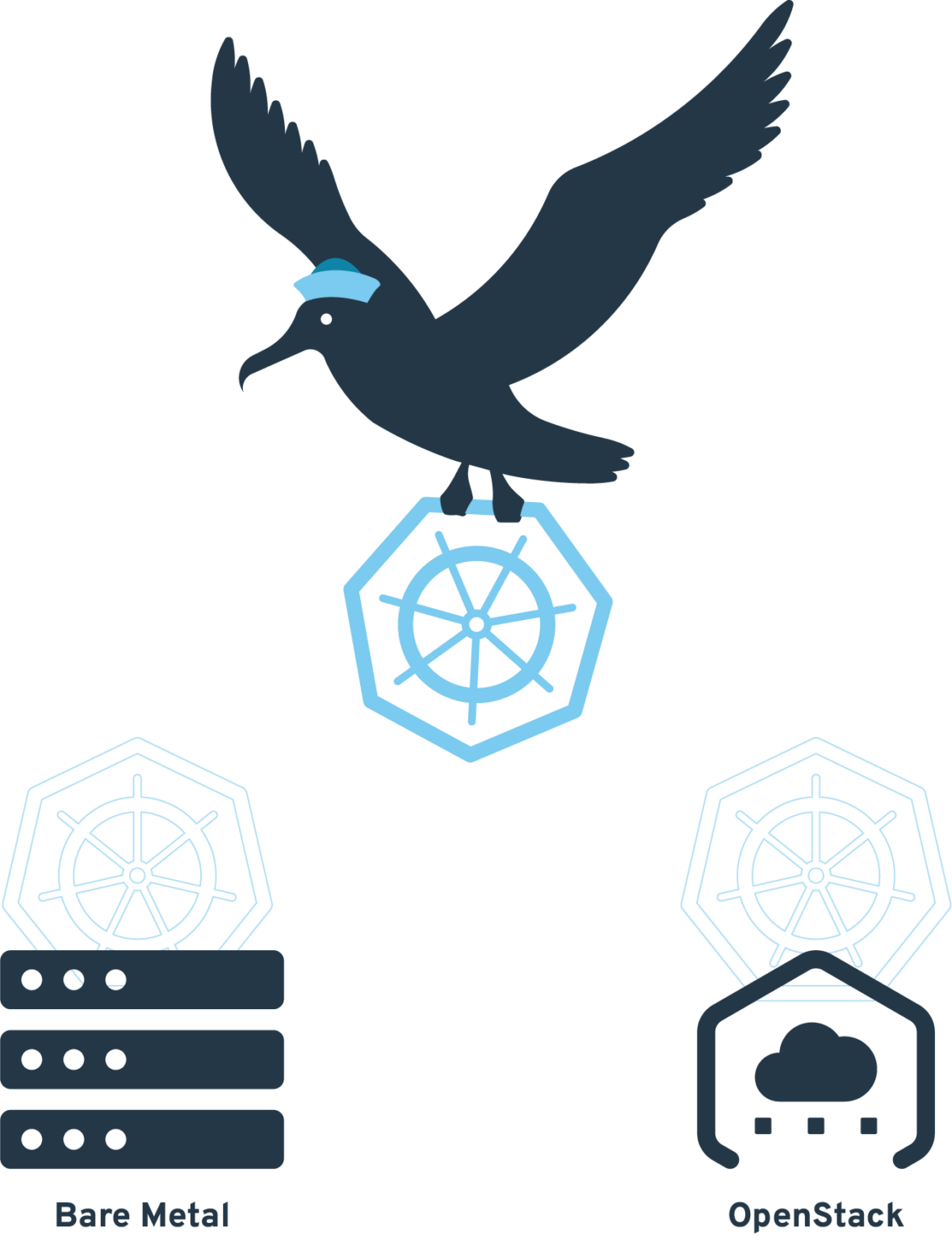
Tarook receives the "Certified Kubernetes" status administered by the CNCF. The Kubernetes Software Conformance Certification is a programme of the Cloud Native Computing Foundation (CNCF), of which ALASCA is a member. The programme validates through self-tests that Kubernetes distributions meet strict technical criteria. The certified status confirms the interoperability of Tarook with other certified Kubernetes distributions and platforms and integrates the project into the broader open source cloud ecosystem through common standards.
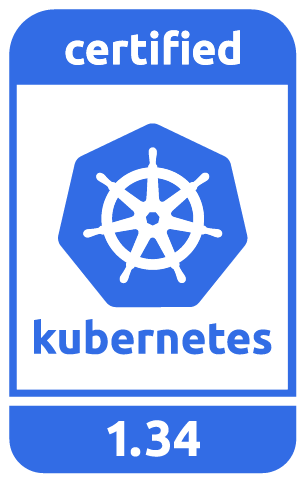
The installation and configuration of a Kubernetes cluster can quickly become complex, especially with requirements such as scalability and high availability.
The Kubernetes ecosystem is developing rapidly - new tools, updates and best practices make it a challenge to maintain an overview.
Thanks to integrated functions for scalability and high availability, you can easily adapt your Kubernetes clusters to increasing requirements.
Tarook ensures that your clusters are managed according to best practices - so you can react quickly to new developments. It takes over the complete lifecycle management of Kubernetes and the associated services and ensures more security and better functions with regular updates.
Tarook enables easy deployment, management and scaling of Kubernetes clusters - whether on bare metal or in OpenStack. Regardless of the area of application, it offers a flexible, automated solution for complete lifecycle management and thus ensures efficient operation.

With Tarook, Kubernetes can be easily deployed on OpenStack or bare metal infrastructures. Selected functions and parameters can be defined via a central configuration. Tarook reduces operating costs and supports the management of Kubernetes environments over long periods of time.
Thanks to centralised Nix-based configuration, flexible storage and load-balancing solutions, the infrastructure adapts effortlessly to growing requirements.
Tarook simplifies the setup of high availability Kubernetes clusters. With keepalived and HAProxy, the Kubernetes endpoint is protected against failures according to industry standards.
Certificates and access rights are managed automatically via HashiCorp Vault - for targeted control and maximum data security.
Tarook consists of two components: the k8s-core for deployment and management of the kubeadm cluster - and the k8s-supplements, which supplement the system with all the necessary tools and services for productive operation.
Tarook boosts the performance of your Kubernetes clusters with NVIDIA GPU and vGPU support - for compute-intensive, accelerated workloads.
In the Kubernetes universe, Tarook integrates a variety of proven tools and services that enable efficient, secure and scalable use - including the NGINX ingress controller, Cert Manager, Flux, Prometheus stack, Rook/Ceph, etcd backups, Calico as CNI and much more.
Tarook is completely open source and enables collaboration and transparency at every step.
Start your journey with Tarook: Set up the environment with Nix as well as a Git repository and customise your cluster configuration. Tarook takes care of the automated setup - ready for the first flight.
Use Kubernetes with Tarook to orchestrate your applications and services. Microservices, cloud-native tools and DevOps processes find their stable course here.
As your requirements grow, Tarook flies ahead: scalability, flexibility and high availability are integrated - so that your cluster grows with you.
Tarook accompanies your cluster throughout its entire flight: with integrated upgrade processes, regular updates and automated maintenance, your setup remains secure and ready for use - day and night.
Kubernetes doesn't have to feel like flying blind. Tarook provides stability, flexibility and just the right amount of autopilot. The following example scenarios show how you can use Tarook:
Operate Tarook clusters on OpenStack:
At a regional cloud provider, the infrastructure team takes care of Kubernetes clusters for various customer projects. Before Tarook, this meant a lot of manual steps, custom scripts and night shifts if something didn't go as planned.
With Tarook, this is now much more relaxed. The environment is defined once with Nix and Terraform - Tarook takes care of the rest: deployment, scaling and updates. If customer requirements change, the team can react quickly without having to delve deep into the system every time.
Securing the API has also been solved: gateway nodes, WireGuard endpoints and firewall rules are set up automatically - so the Kubernetes API remains outside the public network.
The clusters are directly connected to the OpenStack undercloud so that Cinder volumes, for example, can be used seamlessly in the cluster - without any additional effort.
Instead of relying on OpenStack Octavia, the team uses the integrated load balancer solution from Tarook. This saves dependencies and nerves.
With the help of Tarook, the team now spends less time on maintenance and more on further developing the infrastructure. Updates run automatically, monitoring is integrated - and everything remains stable even under high load. This leaves the head free for the important tasks.
Operate a Tarook cluster on bare metal:
A medium-sized company wants to modernise its IT infrastructure. The aim is to store and manage large amounts of data efficiently - flexibly, scalably and without high operating costs. Ceph on Kubernetes is the perfect solution, but there are no specialists for Ceph or Kubernetes in the team.
This is where Tarook comes into play.
Tarook takes care of the entire setup - from provisioning the Kubernetes cluster to configuring the Ceph storage. What would otherwise require a lot of time and expertise is largely automated here.
Bare metal servers are used to utilise the hardware directly and without virtualisation overheads. This maximises performance and gives you full control over your own infrastructure, without any cloud dependencies.
With the integrated Ceph management (based on Rook) and the Prometheus stack for monitoring, the team has an overview of everything: CPU, RAM, network, storage, in real time and easily accessible.
This gives the company a powerful, flexible and cost-effective storage solution that grows with its requirements - without complex administration and without unnecessary detours.
Utilisation of NVIDIA GPUs in a Kubernetes cluster with Tarook:
A company specialising in machine learning and AI applications relies on NVIDIA GPUs to efficiently process compute-intensive workloads. The challenge: to make GPU utilisation in Kubernetes as flexible and performant as possible - without complicated manual setups.
This is exactly where Tarook helps.
The team uses Tarook to deploy and manage Kubernetes workers with NVIDIA GPUs. This allows them to cover two important scenarios:
Whether on bare metal or OpenStack: Tarook automates the entire setup, including installation of the NVIDIA Device Plugin, so that Kubernetes can recognise and manage the GPUs as resources.
For the team, this means: full GPU power, less setup effort and an infrastructure that easily supports both general Kubernetes workloads and specialised GPU jobs.

In January 2025, Tarook found its new home at ALASCA - a non-profit organisation for the (further) development of operational, open cloud infrastructures. ALASCA's mission revolves around the further development and provision of open source tools that not only enable but also facilitate the creation and operation of customised cloud infrastructures.
In addition to the practical development work on these projects, ALASCA also sees itself as a provider of knowledge on these topics - not only within the organisation, but also to the outside world, for example in the form of the ALASCA Tech Talks.
With a strong, motivated community and the combined expertise of its members, ALASCA is driving forward digital sovereignty in Germany and Europe in the long term - also in collaboration with other open source initiatives and communities in the digital sector.

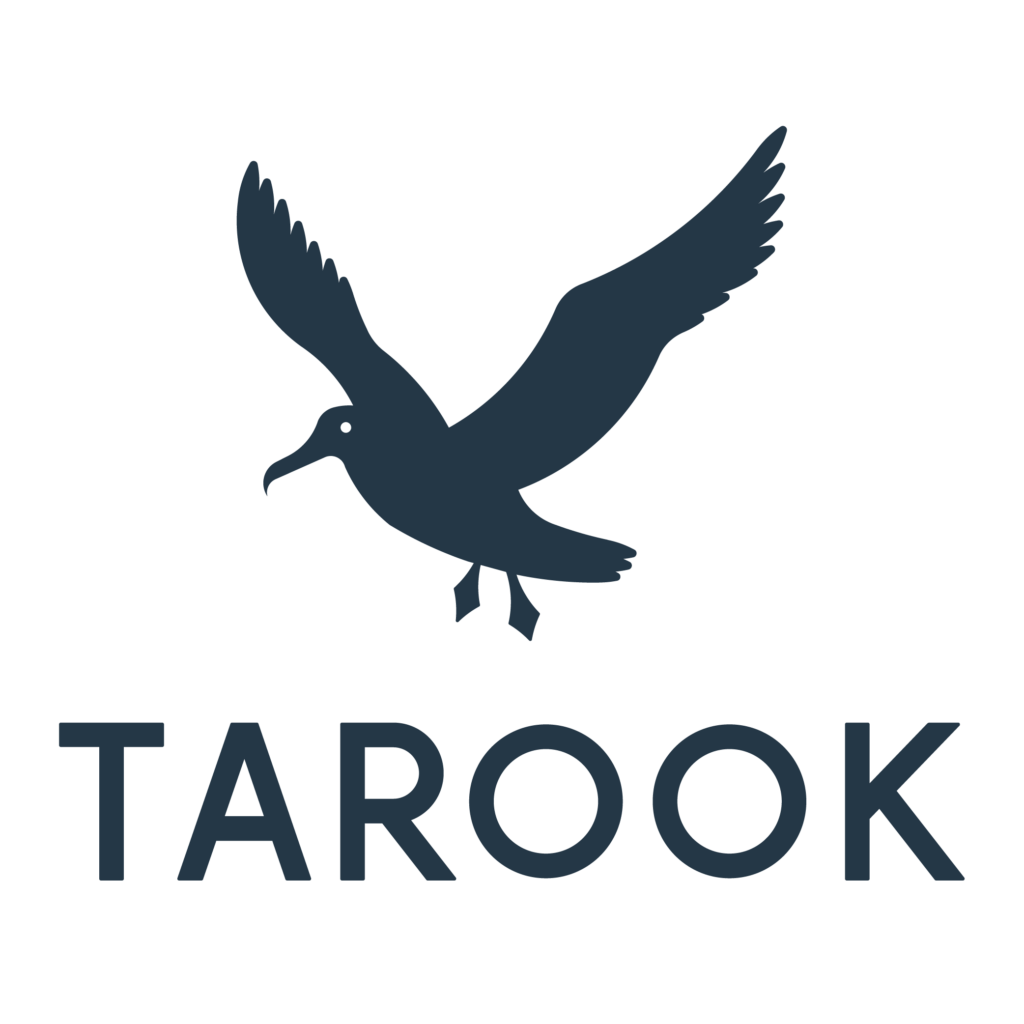
ALASCA - Association for Operational Open Cloud Infrastructures e.V.
c/o Cloud&Heat Technologies GmbH
Zeitströmung - Hall 15
Königsbrücker Str. 96
01099 Dresden, Germany
Phone: +49 351 479 367 00
Email: hello@alasca.cloud
Web: alasca.cloud